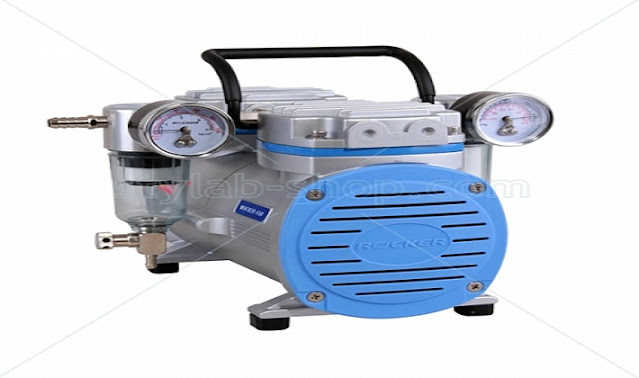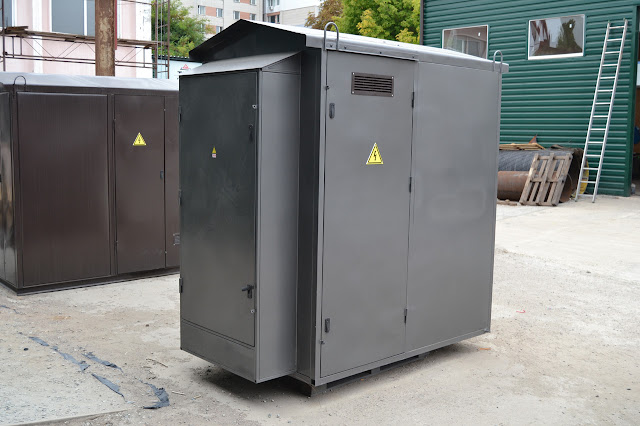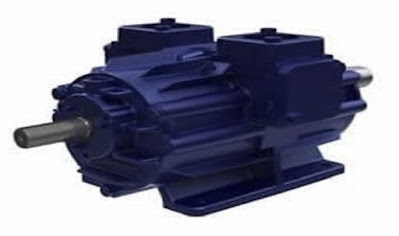What Signs Hints to Failing Vacuum Pump?
No matter what quality of Small Vacuum Pump you have purchased, with time, the wear and tear caused to the pump could result in a fail. It is better to detect the failing pump and address the right issue to save your vacuum pump from getting damaged
There is nothing that you can do if you are too late for the issue to be fixed. In such a case, you would require to find the Vacuum Pump For Sale that is quality assured and at the best price.
Well, let us hope that is not the case with your vacuum pump. Look out for the listed clues to detect the failing vacuum pump.
Prolonged Processing Times
If dirt or other impurities get into the vacuum pump chamber or valves, it might affect overall pump performance. Pumps are in danger of failing if they take longer to complete operations.
Cleaning your pump completely and ensuring that no impurities reach other parts is a must at this point. Without this step, pollutants would continue to wreak havoc on pumps, necessitating more maintenance and repairs.
Leaking oil
Due to its frequent use, the vacuum pump requires oil to maintain appropriate lubrication and lower internal temperature. It's possible that oil is flowing from the vacuum pump on the left or right side of your engine. Regardless of where you think the oil is leaking, have a professional look at it since if it isn't rectified, it can lead to significant mechanical component failure.
Poor Fuel Efficiency
When there is a vacuum leak, it is usually due to broken vacuum hoses, poor connections, or a vacuum pump that isn't working. A "hiss" sound, which indicates a vacuum leak, can occasionally be heard if you listen attentively. The most common way to notice this is when the engine's efficiency degrades. This is owing to the fact that vehicle exhaust takes longer to leave the combustion chamber.
The new fuel burns with less efficiency when there is a buildup of burned fuel. This condition will likewise affect engine performance, but it is highly dependent on the vacuum pump's manufacture and operation.
Increased Noise
When your vacuum pump makes a loud or unusual noise, it may be on the verge of failing. The ageing and accumulated wear of a certain portion in the pump causes it to fail. Increased noise is frequently a sign that a pump needs to be cleaned and maintained. While diaphragms, valve plates, and seals are relatively simple to replace, increased bearing, motor, or air noises may signal that more substantial repairs are required.
Slow Starts And Standstills
Vacuum pumps start slowly due to blockages or flow constraints at the input or output. If there are no blockages, your pump's motor or capacitor may be damaged or weak.
This could be the result of a bad application, especially if there's a vacuum in the input or extra pressure at the output, both of which need to be handled. When a vacuum pump fails here, fuses might overheat and burn out, causing the motor or start capacitor to be damaged.
If nothings works, you can opt for the most cost-effective option of choosing the right Vacuum Pump For Sale and replacing it.




Comments
Post a Comment